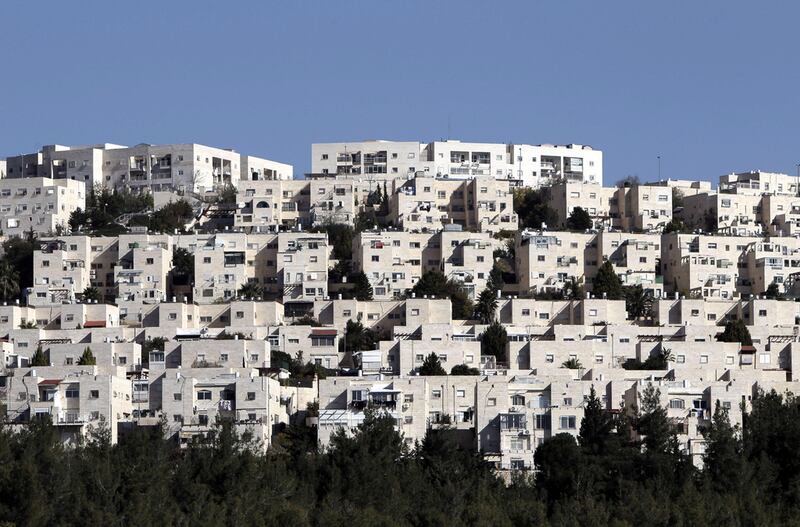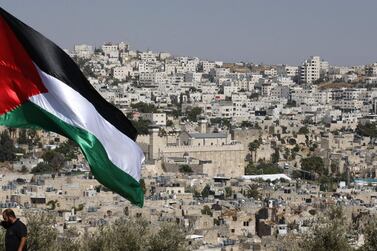Norwegian capital Oslo has banned goods and services from Israeli settlements in the occupied West Bank from its public procurements, the global boycott campaign against Israel said.
Oslo's city council made it part of its platform for 2019 to 2023, the Boycott, Divestment and Sanctions movement said.
The council is led by the Socialist Left, Labour and Green parties.
"The Palestinian people, who have to deal with the illegal occupation of their territory every single day, deserve international attention and support," said Sunniva Eidsvoll, leader of the Oslo City Council's Socialist Left group.
The council said it would "investigate the scope of action to not trade goods and services produced on territory occupied in violation of international law by companies operating under the permission of the occupying power".
The decision would not make a distinction between Israeli and international companies operating in the occupied West Bank.
Companies such as Airbnb and TripAdvisor have come under pressure in the past year for their continued activities in the occupied territories, which the Palestinians seek for a future state.
The boycott movement welcomed the decision.
"Local councils are showing they are undeterred by repression, and continue to pave the way, despite inaction by national governments," said Alys Samson Estape, its Europe campaigns co-ordinator.
"A ban on goods and services from Israel’s illegal settlements is the very least that government institutions should enact to cut their complicity with Israel’s regime of apartheid, settler colonialism and occupation."
Israel has dramatically increased its illegal settlement building and plans for future units in the West Bank since US President Donald Trump entered the Oval Office.
The rush of approvals and construction threatens to kill off a future sovereign Palestinian state.
More than 400,000 Jewish settlers live in outposts dotted around the West Bank, a network the Palestinians say is aimed at preventing a contiguous state.
Much of the building takes place in Area C of the West Bank, which is under full Israeli control and represents about 60 per cent of the territory.
About 150,000 more live in occupied East Jerusalem, the area of the contested city that Palestinians seek as the capital of any future sovereign state.
It hosts some of the most revered places of worship for Muslims, Christians and Jews, including the Haram Al Sharif, which is the third-holiest site in Islam.
Israel seized both territories from Jordan in the 1967 Arab-Israeli War and has maintained a decades-long occupation that is reviled throughout most of the world.







